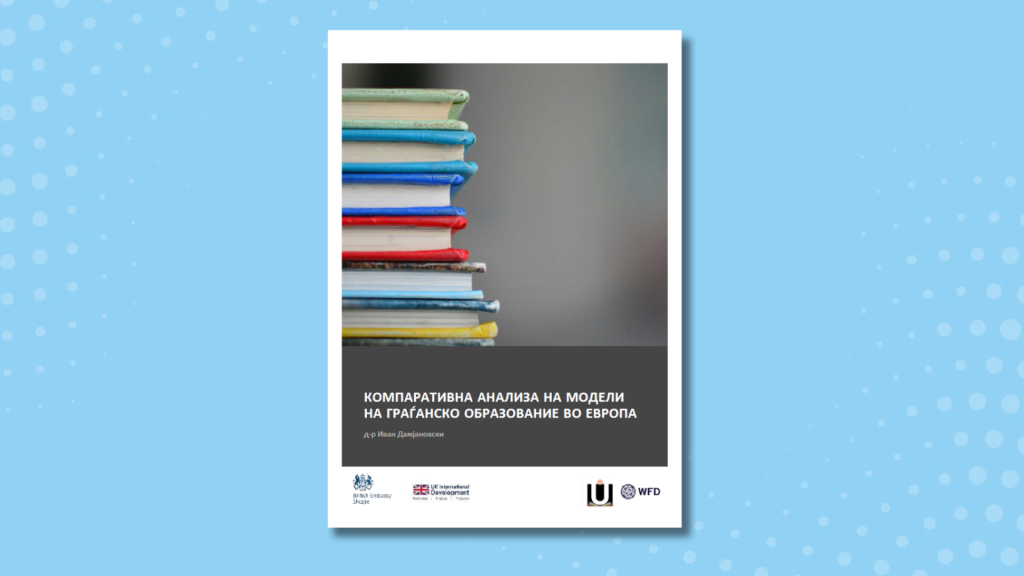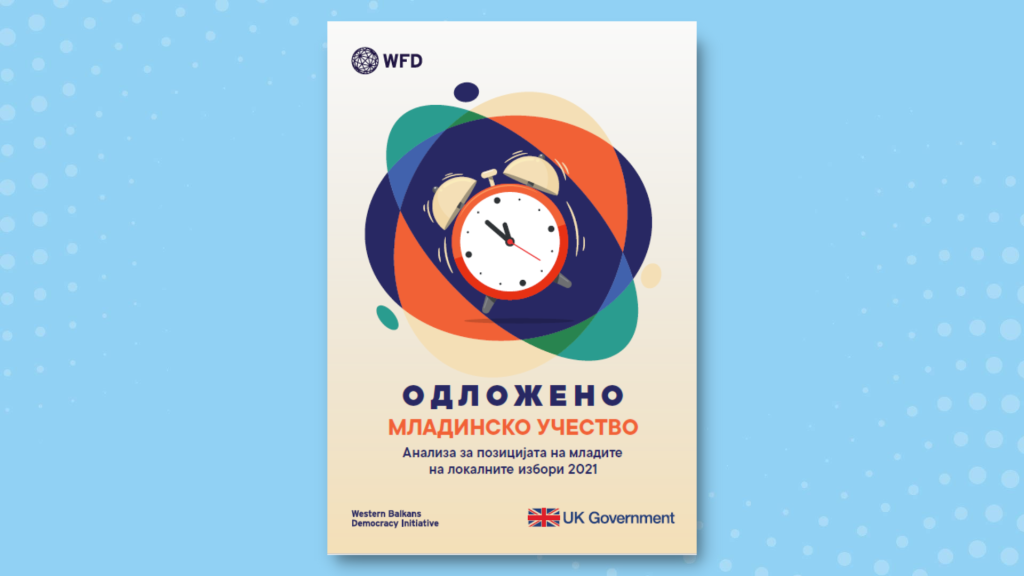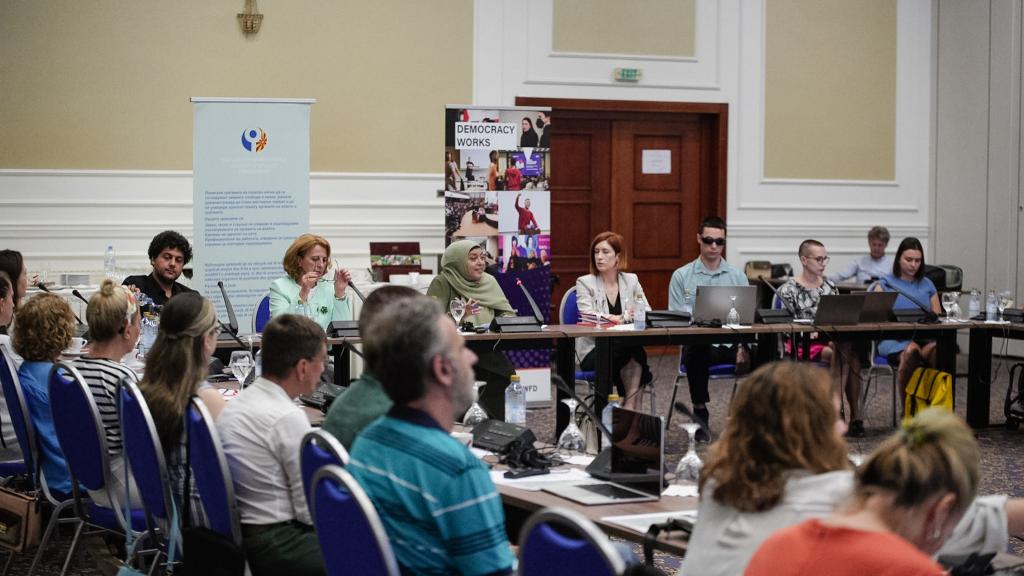Only 1 out of 10 faculties in North Macedonia provides literature in accessible format to students with disabilities. Lecture rooms and libraries have limited physical accessibility, and on 55% of faculties there is no elevator, even though the buildings have several floors. More than half of faculties do not have, or do not keep data, on whether there are students with disabilities enrolled. These are some of the barriers that young persons with disabilities in North Macedonia face to equal education as their peers. The survey produced by association Open the Windows with support from the Westminster Foundation for Democracy in North Macedonia, looks into these issues and provides recommendations for universities.

The analysis was produced in partnership with the National Ombudsman office, who used the data to bring attention to this issue through their work and will dedicate a topic in their upcoming annual report to the issues identified in the analysis. The analysis examined physical accessibility, availability of literature in accessible formats, provision of assistive technology, and overall support for students with disabilities.
Provision of physical infrastructure for the faculties like installing access paths, ramps, elevators, and toilets in compliance with required standards, incorporating accessibility as a criterion in procurement and strategic planning, providing assistive technology and aids, and ensuring professional literature is available in accessible formats are some of the recommendations. Additionally, the analysis proposes the establishment of a comprehensive digital record for statistical data on students with disabilities to better address their needs and ensure inclusivity within faculties.
This analysis will serve as a resource for the National Ombudsman who will incorporate it in their annual report for 2023, aiming to advance the accessibility of higher education. The author of the analysis is Kristijan Lazarev from Association Open the Windows, with Bojana Jovanovska as the editor. The National Ombudsman office was a partner in this process. The document was produced with support from the British Embassy in Skopje though the Democracy Works project.
You can read the full analysis in the Macedonian language below. The Albanian language version of the analysis is coming soon.
Access to higher education for persons with disabilities in North Macedonia
You can read the full analysis in the Macedonian language below.

Access to higher education for people with disabilities in North Macedonia
You can read the full analysis in the Albanian language below.





